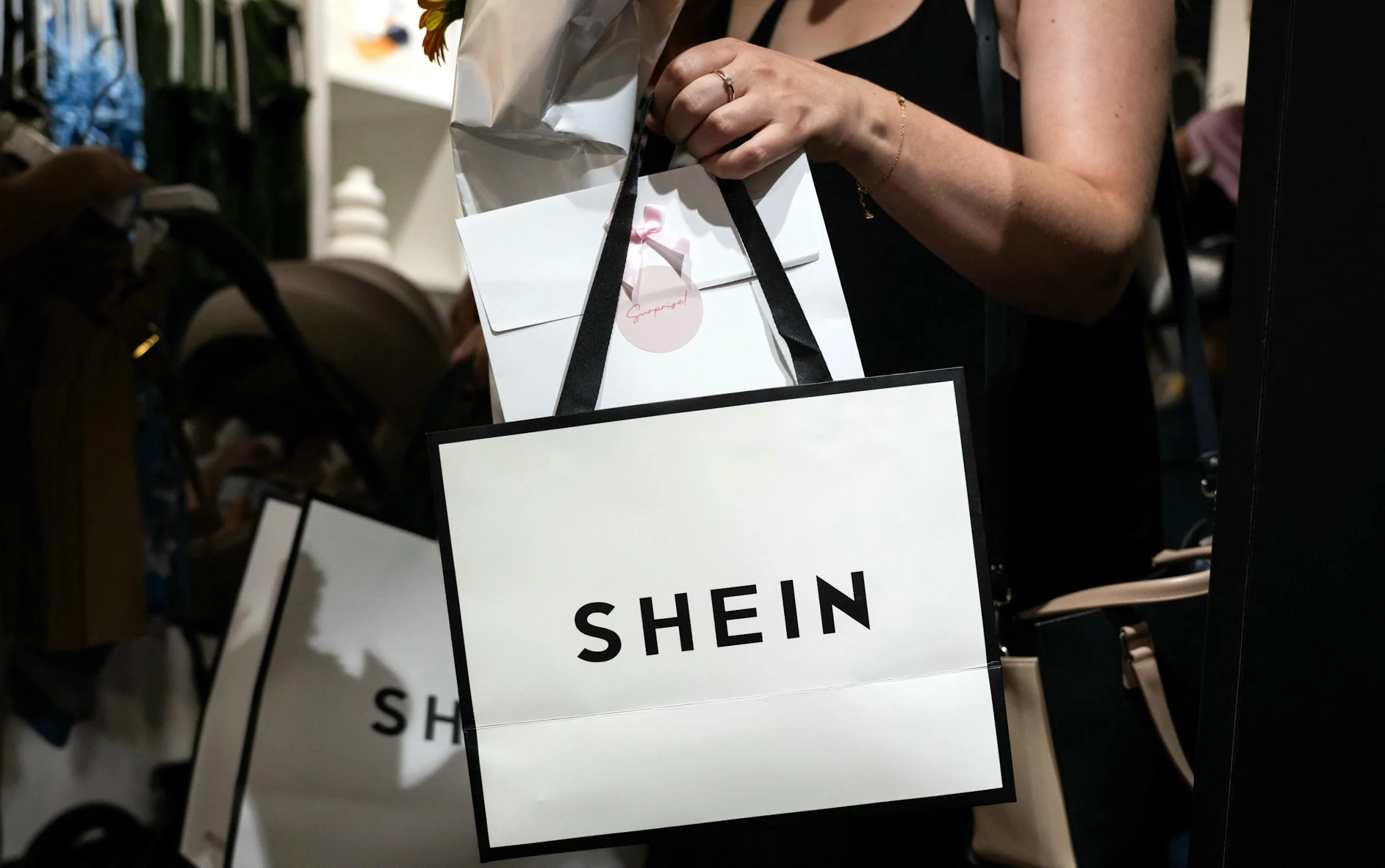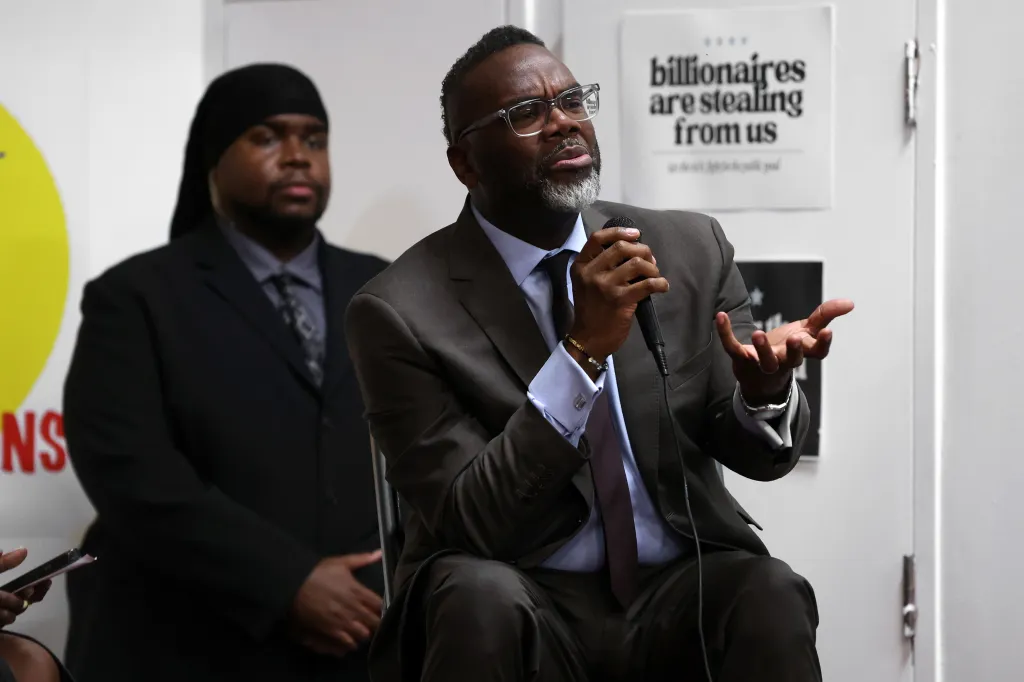By Henry Samuel
Copyright yahoo

As designers celebrated craftsmanship and couture on the catwalks at Paris Fashion Week, Shein, the Chinese fast fashion giant, dropped a sartorial bombshell.
The e-commerce colossus, whose business model is built on churning out thousands of new garments every day at dirt-cheap prices, has revealed that Paris will house its first physical store.
The store, to open at BHV Marais department store next month, will be followed by concessions in five Galeries Lafayette department stores in Dijon, Reims, Grenoble, Angers and Limoges.
The timing and location could hardly be more provocative. France is Europe’s fashion capital and also the country leading a political revolt against the business model Shein represents.
For critics, the announcement felt like a deliberate intrusion: fast fashion planting its flag in the heartland of haute couture.
‘Hundreds of stores have been closed’
“They’re taking over everything,” said Yann Rivoallan, president of the French Federation of Women’s Ready-to-Wear, on the radio channel France Inter.
Pointing out that the BHV Marais store was right in front of Paris’s town hall, he added: “They’re taking up all the space, both in the media and on the internet, and now they also want to take up physical space in the most beautiful locations.”
Mr Rivoallan also accused Shein of decimating the Gallic retail landscape.
He said: “For more than three years now, Shein has destroyed 15,000 jobs and dozens, even hundreds, of stores have been closed throughout France.
“To dare to say now that they are going to revitalise is the worst possible thing in terms of perversion and communication.”
Shein made the announcement as politicians in Paris debated a “bonus-malus” system that would penalise disposable fashion and reward sustainable production. The draft bill also wants to ban Shein and other ultra-fast fashion groups from advertising.
In July, a French court fined the company €40m (£35m) for misleading customers on discounts and claims the company made about its commitment to the environment.
The Chinese-founded, Singapore-based group became one of the biggest fashion retailers in the world during the pandemic, but has faced virulent criticism over the environmental impact of its business model and allegations of forced labour in its supply chain. Shein has denied the allegations.
Antoine Vermorel-Marques, the Republican MP promoting the legislation, accused Shein of cynically trying to buy legitimacy.
He said: “I think they’re trying to buy themselves a good reputation. With resources and money, you can buy beautiful, symbolic locations.
“Their challenge is not to sell at BHV or Galeries Lafayette – that’s just communication. Their challenge is to continue flooding us with their online platform to undermine our city centre shops.”
Donald Tang, Shein’s executive chairman, has claimed the strategy aims to pay tribute to France’s global fashion status.
He told French newspaper Le Figaro: “By choosing France as a testing ground for physical retail, we are sending a strong message.
“Our choice is a tribute to the country and to Paris, the fashion capital of the world and the birthplace of the modern department store.”
He also denied Shein bore responsibility for the collapse of traditional retail.
“If sales at traditional clothing stores have declined, it’s not because of Shein. The difficulties they face began long before we arrived,” Mr Tang said.
“Our ambition is not to replace them, but to work alongside them by providing solutions, generating footfall in stores and helping to maintain the vitality of shopping centres.” He promised 200 new jobs would follow.
‘We will not stop fast fashion’
Behind the deal is Frédéric Merlin, head of Société des Grands Magasins, which owns BHV and several Galeries Lafayette franchises.
“Shein has 25 million French customers! We asked ourselves how we could transform this extraordinary online business machine into a benefit for physical retail,” Mr Merlin told Le Parisien.
“The wheels are in motion: we will not stop fast fashion. The challenge is to ensure that it also serves the interests of traditional retailers. With physical stores, they will have the same weapons as their detractors,” he said, hailing the potential to rejuvenate provincial department stores and draw younger crowds.
But Galeries Lafayette’s parent company, which no longer owns BHV but still operates its flagship Paris site, expressed “profound disagreement” with the deal and vowed to block Shein from its directly owned stores.
The row is the latest in a series of political skirmishes around Shein and its rival Temu.
In the US, Donald Trump’s administration has scrapped its “de minimis” exemption for parcels under $800, and the European Union plans to remove its equivalent duty waiver on e-commerce parcels worth less than €150.
Britain – where Shein sales hit £2.05bn in 2024, a 32.3 per cent increase from the previous year – is also reviewing its policy on low-value imports after retailers said it was giving online players like Shein and Temu an unfair advantage.
Shein has already staged UK pop-ups and opened offices in London as it hopes to be listed on the London Stock Exchange. Proponents say the move would be a major boost to the UK capital, which has seen a number of high-profile companies leave the city for the US.
The British Fashion Council said a stock exchange listing for Shein would be “of significant concern to UK fashion designers and retailers”.



